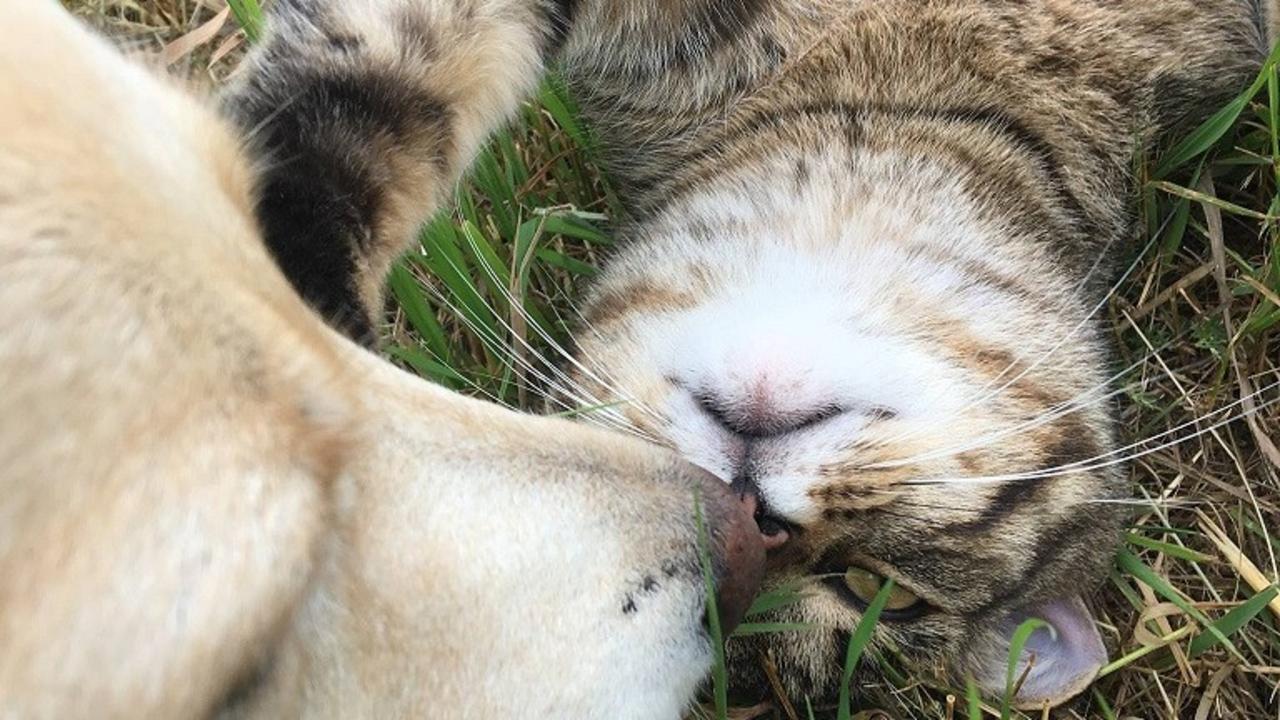Why Am I Anxious?

Have you ever wondered what drives anxiety? There are many pieces of this puzzle, and the Us Against Them construct that we live in is one.
Schools, sports teams, religions, politics - it’s nearly inescapable, and within this design, blame flies unchecked and compels us to fight harder. But is defending any one perspective serving us well? Why do we do it and what is the cost?
We all share a deep need to fit in, which probably originated from an instinctual knowing that safety exists in numbers; as part of the tribe, like animals in a herd, I have a better chance of survival.
But while we have evolved past needing to be on the lookout for top of the food chain predators while trekking down aisle seven, we still seek out the company, acceptance, and love of others. Our need to belong goes beyond just wanting to stay physically alive; we rely on it as a key ingredient of our ability to thrive.
Emotionally.
We all want to be seen, acknowledged, heard, and valued; we want to contribute and feel like we matter to the world. Ah yes, this is a key clue!
More than just ensuring that we will wake up to tomorrow’s sunrise, our need to belong is also a feeling-based spiritual one, but through the herd-like behaviors that our ancestors relied on to stay alive, we’ve become seduced into thinking that the emotional answer to this need also lies “out there” – in families, friend circles, clubs, congregations, work groups, neighborhoods, communities, and even countries.
But does it, really?
Here’s the truth.
Belonging is actually an internal experience and one that we can learn how to nourish without the ‘Am I ok? Do you like me? Did I do it right? Do you understand me? Do I fit in? Am I enough?’ insecurities that we project onto others. I’ve experienced a feeling of belonging while surrounded by nothingness, not a human in sight, and I’ve experienced profound loneliness in my own home surrounded by the love of family.
How can this be?
Belonging is dependent upon connection, which at its core, is an internal relationship with Self that requires being able to access another layer of reality. But that kind of connection doesn’t feel sexy, but only because we don’t understand it.
It’s not about having another ineffective psychological discourse with ourselves or practicing flat-feeling affirmations, it is about developing the very real skill of being able to make contact with the Greater Reality we already exist in – literally – and carrying that awareness with us everywhere we go.
Assuming we even understand what the Greater Reality is and learn how to do this, and also assuming that we become practiced in experiencing states of mind where ‘I am ok’ and ‘I belong’ are securely in place, we might find that less energy would be expended in needing to reinforce the lines that we perceive as keeping us safe.
From there, choosing to be the member of a particular group could take on new meaning. Because without the burden of soothing a gnawing sense of isolation, we might find something new in the act of coming together...
But I digress.
Before we explore the outer ripple effect of connecting internally, we must first look at how the need to belong is feeding anxiety and find relief. Here’s how it can play out:
If we believe that we don’t fit in, we feel we are guilty. And if we believe we are guilty, we fear being judged. And if we believe we are being judged, we fear being cast out. And if we experience being cast out, we know we will die.
This flow of logic – while absurd seen in print – makes perfect sense to the subconscious mind whose job is to keep us safe and is the source of the torrid of “should” thoughts we endure every day, a raging river of guilt that makes us chronically anxious.
This can be hard to accept.
But when we consider that the “be part of the tribe” thread was probably woven into the human genome early on in our collective history without much conscious awareness, coded into our DNA like virus-fighting software on a computer’s hard drive and simply meant to provide a built-in safety mechanism that ensured our species was able to carry on, we can begin to reach understanding and then compassion.
Because regardless the origin, we must acknowledge that this hidden drive to fit in is now hurting us and do what we can to soothe it properly, which, if we manage to do so, begs the question:
If our need to belong was no longer blind and already satisfied... if we stopped looking to others for acceptance and love... if we felt safe, connected, and complete before we stepped out the door or, even earlier, before we opened our eyes each morning...
...might guilt (and anxiety) become obsolete?



